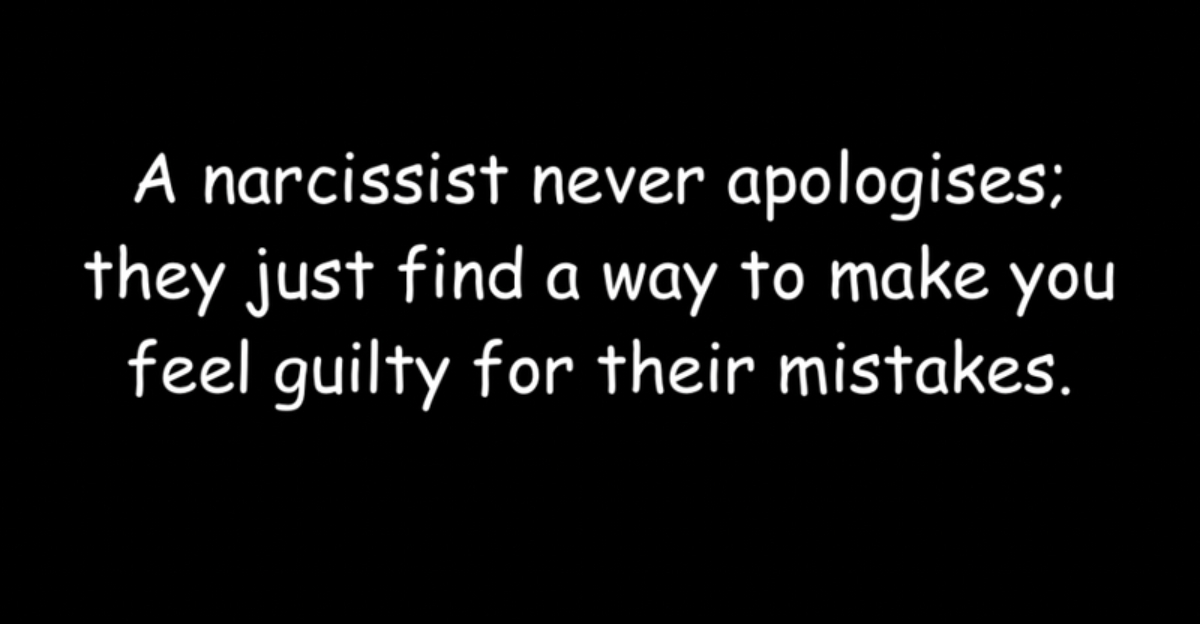17 Phrases People Use To Make Someone Else Feel Guilty
You know that uneasy gut-feeling you get after a conversation—the one where you replay their words, wondering if you’re actually the problem—or if you’re just being played? Yeah, me too. Guilt is messy. It sneaks in, especially when someone clever spins their words just right.
This isn’t some distant, clinical topic. It’s your Wednesday night chat, your childhood flashbacks, your last relationship fight.
I’m not here to hand you a list of red flags so you can wave them at other people. I want you to spot these phrases for what they are—subtle (and sometimes not-so-subtle) guilt trips, the kind that brilliant but manipulative people slide into conversation.
Some are so familiar it’s scary; others, you’ll wish you never heard. But recognizing them? That’s how you take your power back—one sentence at a time.
1. If you really loved me, you would…

Love shouldn’t feel like a test with moving goalposts, right? But this phrase shows up in the middle of a fight or a quiet moment, when you’re already feeling exposed. Suddenly your loyalty, your care, your entire worth as a partner or friend—all put on trial.
I remember hearing this after saying no to something small, and the silence afterward weighed more than the request itself. You start doubting yourself. Maybe you are selfish. Maybe you do need to prove something.
Truth is, anyone who weaponizes your affection to get their way is playing dirty. Real love doesn’t require proof through sacrifice. Next time you hear this, pause. Ask yourself who actually benefits from this “test”—and who ends up losing a piece of themselves in the process.
2. I was just joking.

Humor can be a shield or a knife. This phrase comes out right after someone says something that lands a little too close to home. You laugh along—maybe—but the sting settles under your skin.
What’s wild is how quickly you’re made to feel like you’re the problem, for not having a thicker skin or for taking things too seriously. I’ve been in rooms where the air turned sharp after those words, everyone waiting to see if you’ll let it slide.
Jokes can heal, but they can also wound. When someone uses this phrase to erase your pain, they’re not being funny—they’re dodging responsibility. Pay attention to how often you hear it, and what kind of things get excused in its name.
3. You’re too sensitive.

Ever hear this and wonder if your emotions are just… wrong? It’s a classic move to make you question your own reactions. Suddenly you’re not hurt because someone crossed a line—you’re the problem for noticing the line at all.
I used to flinch at this, like maybe I was overreacting or seeing things that weren’t there. But sensitivity isn’t a flaw, it’s information. It tells you when something doesn’t sit right.
Anytime someone pulls this card, especially after you’ve voiced a boundary, remember—it’s easier for them to blame your feelings than to own their actions. Don’t let them steal your voice.
4. Everyone else thinks I’m right.

Nothing makes you feel smaller than being told you’re the odd one out. This phrase hits hardest in group settings, when you’re already anxious about sticking your neck out.
It’s not just about being right or wrong—it’s about isolating you by claiming a fake majority. I’ve been there, looking around for support and finding only silence. You start to second-guess your memory, even your sanity.
Consensus might sound safe, but it’s a tool for control when wielded like this. Your perspective matters, even if you’re the only one saying it out loud.
5. You owe me.

Debt, but not the financial kind. This phrase has a way of showing up after you’ve let your guard down, after someone has done you a favor—or worse, when you didn’t even ask for help.
Suddenly, every gesture comes with invisible strings. I’ve caught myself replaying old kindnesses, wondering if I missed the fine print.
When someone keeps a tally and throws it back at you, it’s not generosity. It’s leverage. Healthy relationships don’t require IOUs. The real question: are you being cared for, or kept on a leash?
6. I did it for your own good.
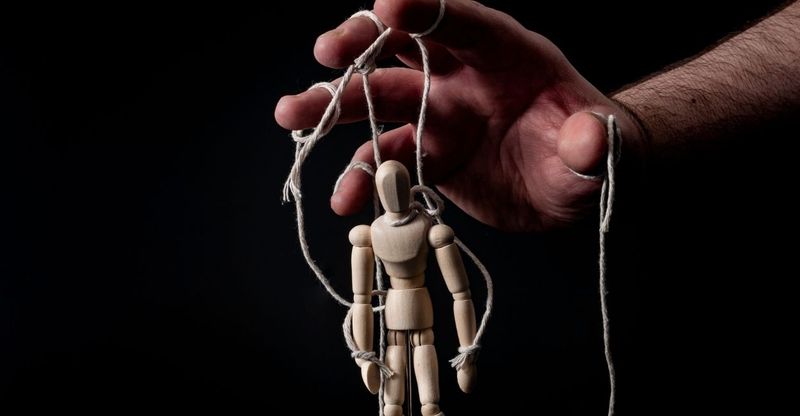
At times, love comes wrapped in a lecture. This phrase can sound caring, but it usually means someone made a choice for you—without your say.
They’ll insist it’s protection. Maybe it was. But you’re left feeling guilty for not appreciating the interference, or worse, for questioning their wisdom.
Control in disguise is still control. You’re allowed to want agency over your life, even if someone claims it’s all for you. Don’t let guilt drown out your need for autonomy.
7. I never said that.
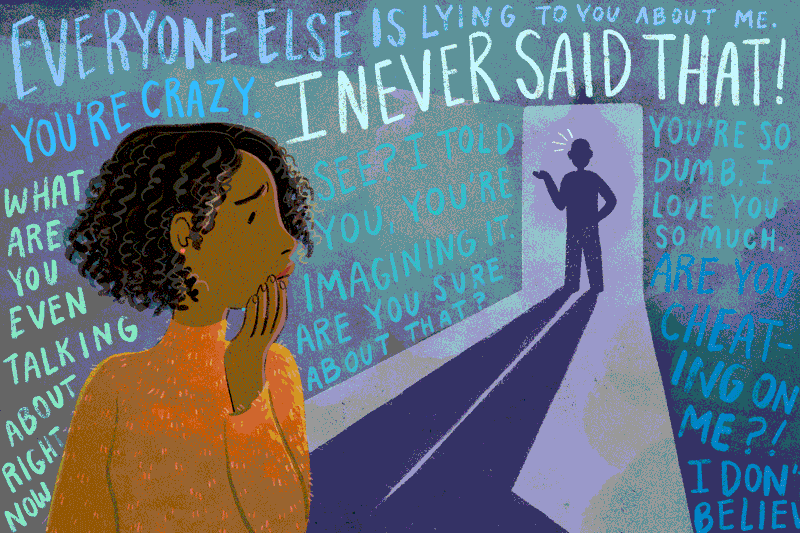
Gaslighting wears many faces, but this one is classic. Someone denies your reality outright, making you question your own memory.
It’s subtle at first. You wonder if you misheard. But after a while, you start to keep mental receipts and doubt yourself more than them.
If you find yourself always second-guessing what actually happened, it’s not your memory at fault. It’s a tactic meant to erode your trust in yourself. That’s how the guilt creeps in, slow and corrosive.
8. You made me do this.
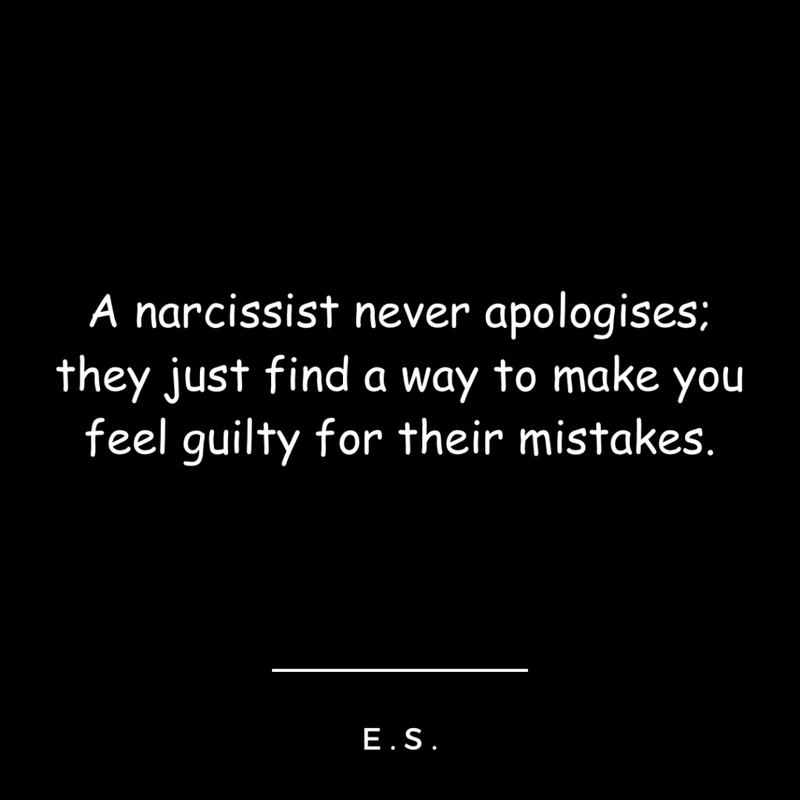
Have you ever been blamed for someone else’s explosion? This phrase turns you into the villain in their story—no matter what really happened.
It’s not just about shifting blame, but about making you responsible for their choices. I’ve walked away from fights replaying every word, wondering if I could’ve prevented the damage.
You aren’t responsible for anyone else’s reactions. If they can’t own their behavior, they’ll try to make you wear the guilt instead. Refuse to pick up what was never yours.
9. I thought you were different.

Some phrases are a knife wrapped in velvet. This one is all about disappointment, and it lands hardest when you care about being seen as special.
Out of nowhere, you feel like you’ve failed some unspoken test. You start wondering if you’ve let someone down, or if you ever stood a chance.
It’s a guilt trip, plain and simple. You get to decide who you are, not the story someone else spins about you. Don’t shrink to fit their expectations.
10. You should have known I would react this way.

Mind-reading isn’t a real relationship skill, but you’d never know it from this phrase. Suddenly, you’re on the hook for someone else’s feelings, expected to predict every response.
I remember feeling paralyzed by this, walking on eggshells to avoid another blowup. The guilt grows with every supposed misstep.
Here’s the truth: nobody gets a manual for handling someone else’s emotions. If they can’t talk about what they need, that’s not your burden to bear.
11. You always make a big deal out of nothing.
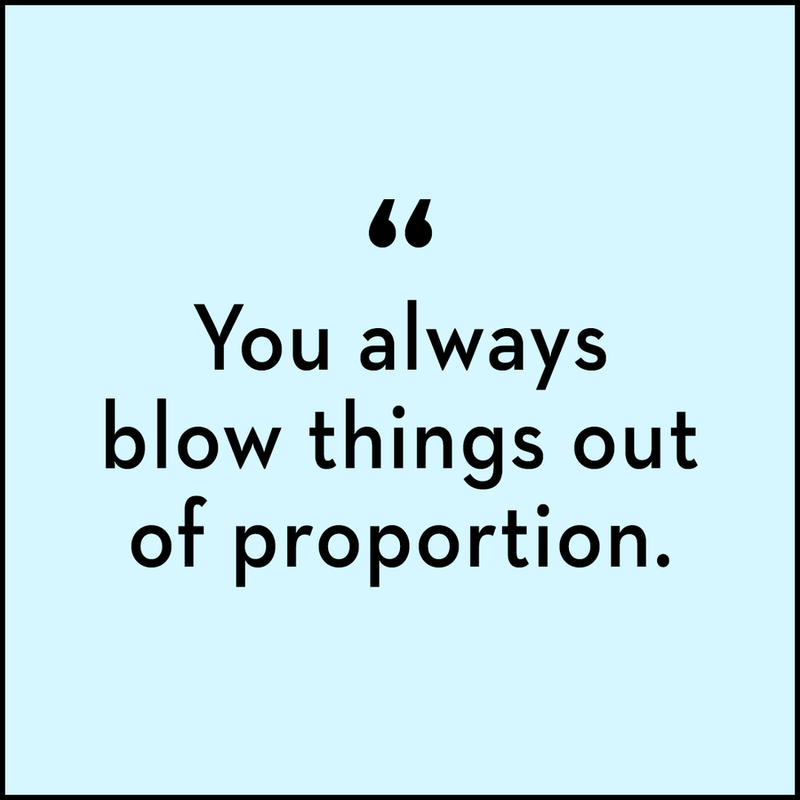
Minimizing your feelings is a power move. This phrase flips your reality on its head, making you feel guilty for caring, for noticing, for having standards.
I’ve watched people use it like a magic trick—poof, your concerns disappear! Until you start wondering if you’re impossible to please.
But your feelings count, even if someone wants to pretend they’re trivial. Don’t let anyone shrink your world to fit their comfort.
12. I can’t believe you’d accuse me of that.

Victimhood is a handy shield. When someone whips out this phrase, the spotlight swings onto you, making you feel guilty for daring to question them.
This twists fights in seconds: you go from having a valid concern to defending your sanity. The guilt isn’t about the accusation—it’s about threatening their spotless image.
If your trust is routinely used against you, the problem isn’t your suspicion. It’s their need to avoid accountability at all costs.
13. I’m not upset, I’m fine.

Silence can hold more blame than shouting. This lands like a closed door—no explanation, just a wall of indifference.
You sense something’s wrong, but the denial forces you to second-guess your perceptions. I know I’ve spent nights replaying conversations, searching for invisible mistakes.
Manipulation by omission is still manipulation. If you’re being punished with silence, the guilt isn’t yours to carry.
14. You wouldn’t understand.
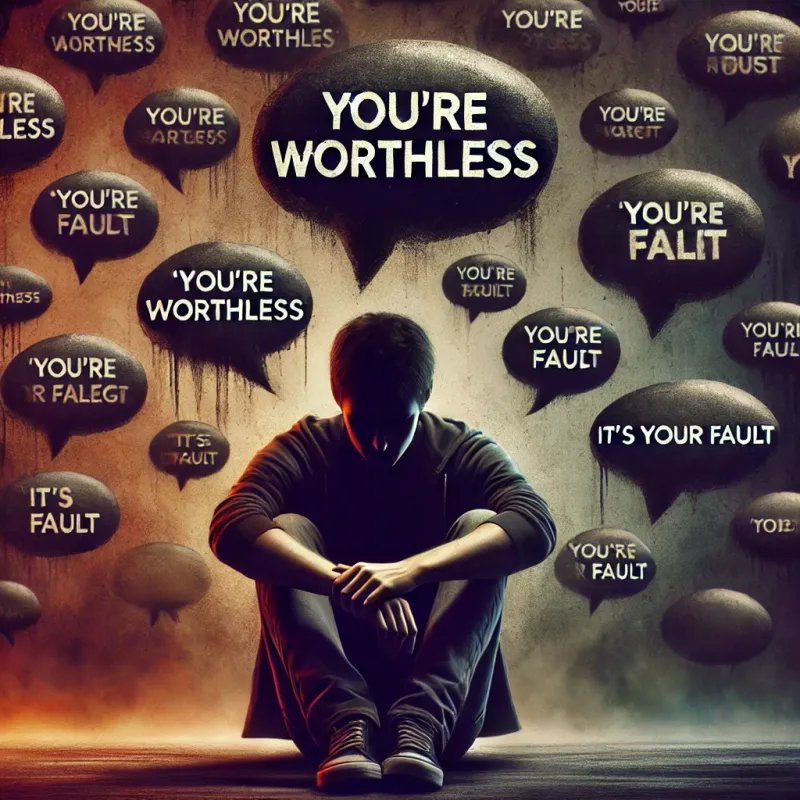
This phrase doesn’t just dismiss your opinion—it locks you out of the whole story.
I’ve felt the sting of this, the way it makes you question your intelligence or empathy. The guilt isn’t just about not getting it; it’s about being made to feel unworthy of even trying.
No one gets to decide your capacity for understanding. Don’t let someone’s need to be “above it all” leave you feeling small.
15. I only want what’s best for you.

This comes swaddled in care, but it can be a velvet trap. All of a sudden, disagreeing feels like rejecting someone’s love, or worse, their wisdom.
I used to think this always meant genuine concern. But sometimes, it’s a cover for control—someone insisting their way is the only way.
Caring doesn’t mean commandeering. You can want the best for someone and still trust them to choose their own path. Don’t let love be used as a leash.
16. You always start arguments.
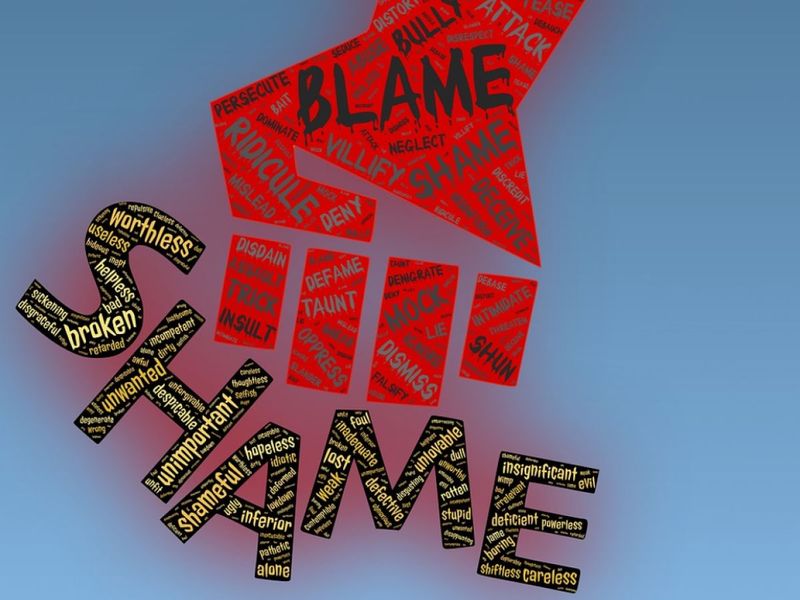
Blame is a boomerang. This phrase gets thrown around every time there’s conflict, shifting every disagreement onto your shoulders.
Pretty soon, you start tiptoeing around every topic, terrified of being the “problem.” I’d catch myself apologizing for things I didn’t even do.
Disagreement is normal. If someone can’t handle tension without making you the culprit, maybe the problem isn’t your voice—it’s their fear of hearing it.
17. I can’t live without you.

At first, this one sounds like devotion. But listen closer—it’s a heavy chain disguised as romance. The responsibility for someone else’s happiness lands on your chest like a weight.
I remember feeling caught between guilt and pity, afraid to leave, afraid to stay. Their pain becomes your prison.
Love should feel like freedom, not a trap. No one’s well-being should be your sole responsibility. If it does, that’s not love—it’s manipulation.

